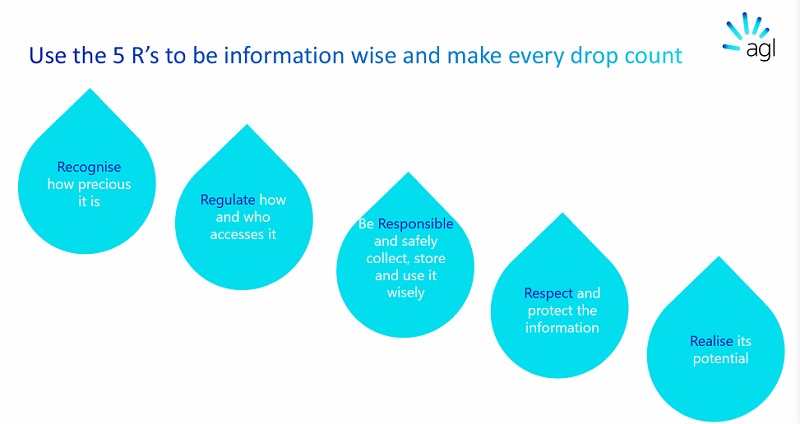New Open Broadband Dataset, FiberLight Acquisition, Cyber Security as Water Conservation
Ookla, the creators of Speedtest.net, on Tuesday released a new series of open broadband data. Ookla describes its mission to help make the internet better, faster and more accessible for everyone. For more than 14 years, Speedtest.net has helped consumers test their internet speeds. And providers u
Liana Sowa

Ookla, the creators of Speedtest.net, on Tuesday released a new series of open broadband data.
Ookla describes its mission to help make the internet better, faster and more accessible for everyone. For more than 14 years, Speedtest.net has helped consumers test their internet speeds. And providers use Speedtest to monitor competitors and optimize their networks.
Although Ookla’s data is proprietary, it makes its data available to policy makers, humanitarian organizations, academic research institutions, journalists and consumers.
The new open datasets are under the “Ookla for Good” program for others trying to improve the state of networks worldwide.
See Ookla Chief Strategy Officer Chip Strange discuss broadband data during the coronavirus at “Verified Broadband Speeds Needed to Understand Impact of Coronavirus on Internet Networks, Panelists Say,” Broadband Breakfast, May 15, 2020
While the world’s evolving internet infrastructure has improved our access to entertainment in the form of video streaming and competitive gaming, the global COVID-19 pandemic has highlighted the importance of the internet’s role in providing essential services and opportunities.
Daniel Bozeman writes more about the datasets available via the Registry of Open Data on AWS in Apache Parquet and Shapefile formats
Guggenheim Finances FiberLight
FiberLight, an infrastructure provider for over 20 years, recently completed its strategic recapitalization with Guggenheim Partners, including $325 million in financing.
FiberLight designs, builds, and deploys their high bandwidth networks, offering “large-scale, custom, high-capacity fiber infrastructure” in over 30 metropolitan areas in the U.S. The money from the recapitalization will be used to strengthen FiberLight’s lit and dark fiber network solutions for maximum customer benefit.
Bank Street served as a financial advisor for the transaction. Throughout the process they provided strategic guidance and demonstrated “unwavering commitment that enabled our company to successfully navigate the unprecedented volatility of the capital markets amid the onset of the COVID-19 pandemic,” said Jim Lynch, Chief Executive Officer of FiberLight.
AGL Energy and CrowdStrike compare cyber security to water conservation
Drew Bagley, vice president and counsel for privacy and cyber policy at CrowdStrike, and Heng Mok, chief information security officer at AGL Energy, advised companies and individuals to protect their data by always assuming they were a target of cyber-attacks.
Speaking at an event of the U.S. Energy Association on Thursday, Mok emphasized the need for organizational processes and policies relatable to people. At AGL, Mok and his team created the Raindrop Campaign to help employees remember how to protect against cyber-attacks.
(This is apparently relatable to AGL employees because raindrops are used to power their hydrogeneration plants.)

Screenshot from Heng Mok’s presentation
Employees were taught the “5 R’s” of protecting information to remind them that every piece of information is precious like a raindrop.
Further, because raindrops can fall anywhere and be used by anyone, employees needed to protect, collect, and store the information to maximize its potential.
These efforts should be consistent and that the material shared should be regularly updated.
When asked how companies could respond to ransom attacks from this year, he counseled companies to backup information so that it can be recovered if needed. He also stressed the need for endpoint protection, not just computer by computer.
The list is an important component of identifying, investigating, and containing a important metric for combatting ransomware.
Mok said proper validation and assessment of third parties in relation to virtual powerplants and sensors in the home. Third parties need to be “culturally aligned” with how you’d protect your own data.
Companies should not install technology just for technology’s sake, he said.









Member discussion